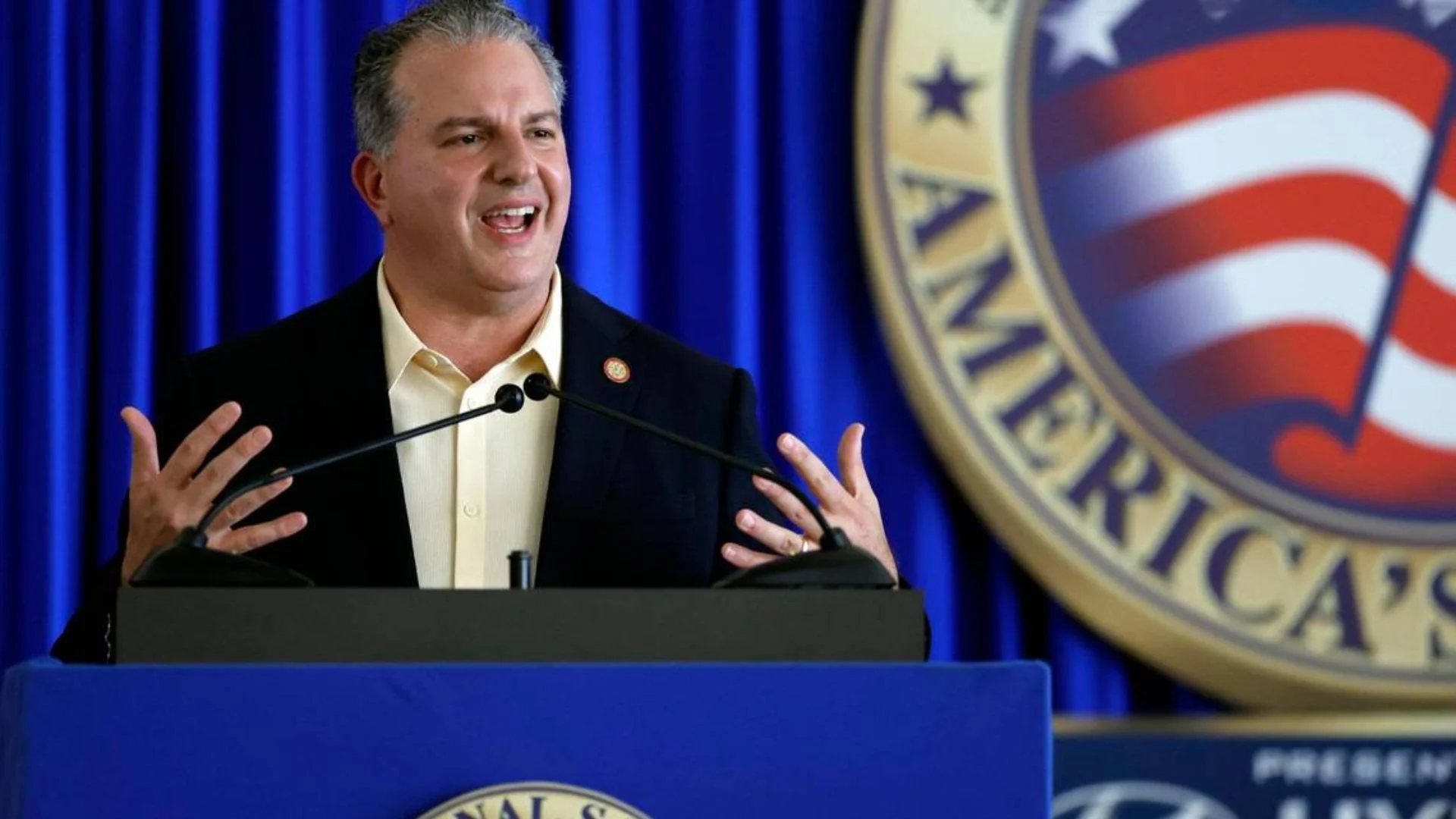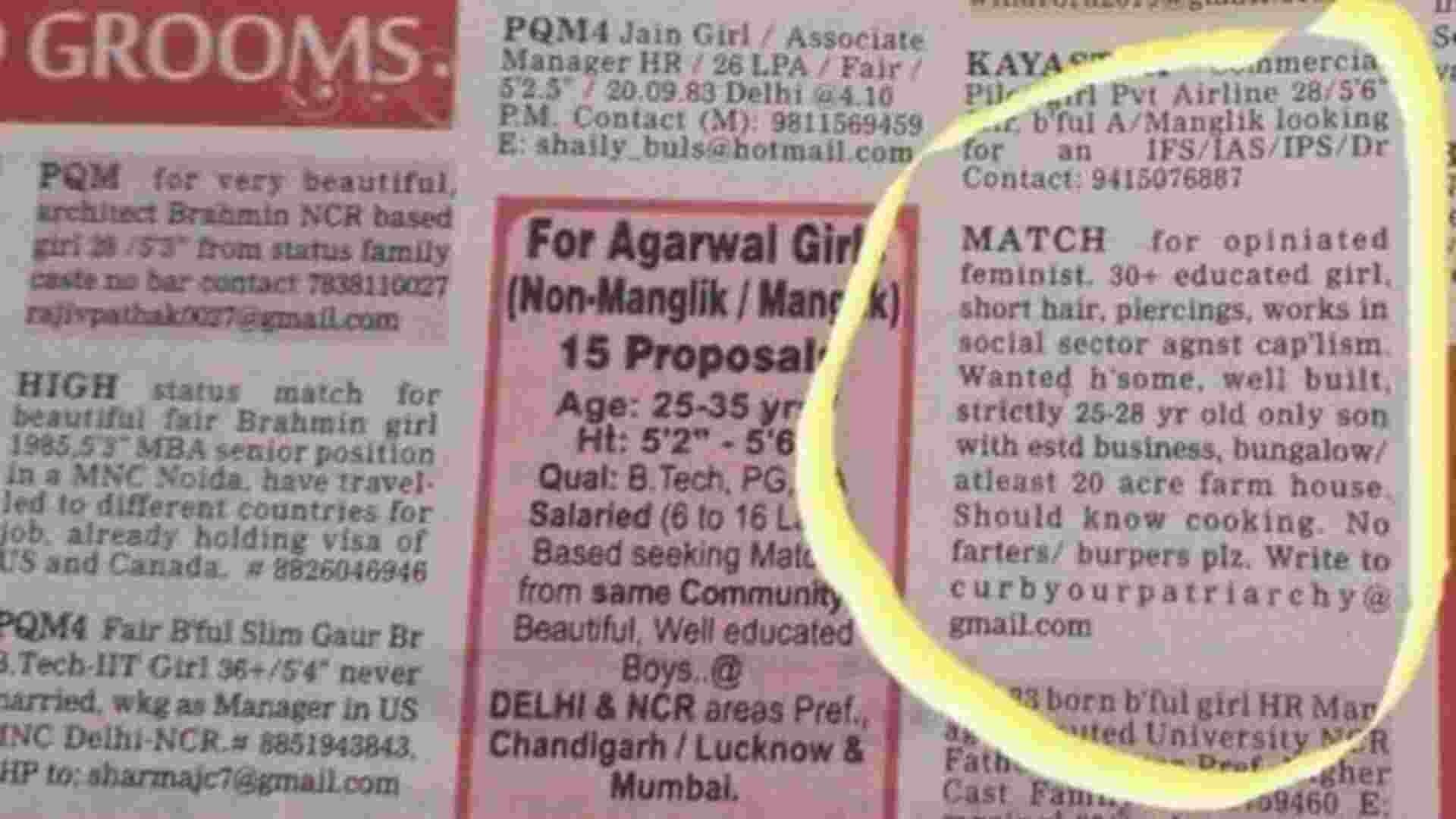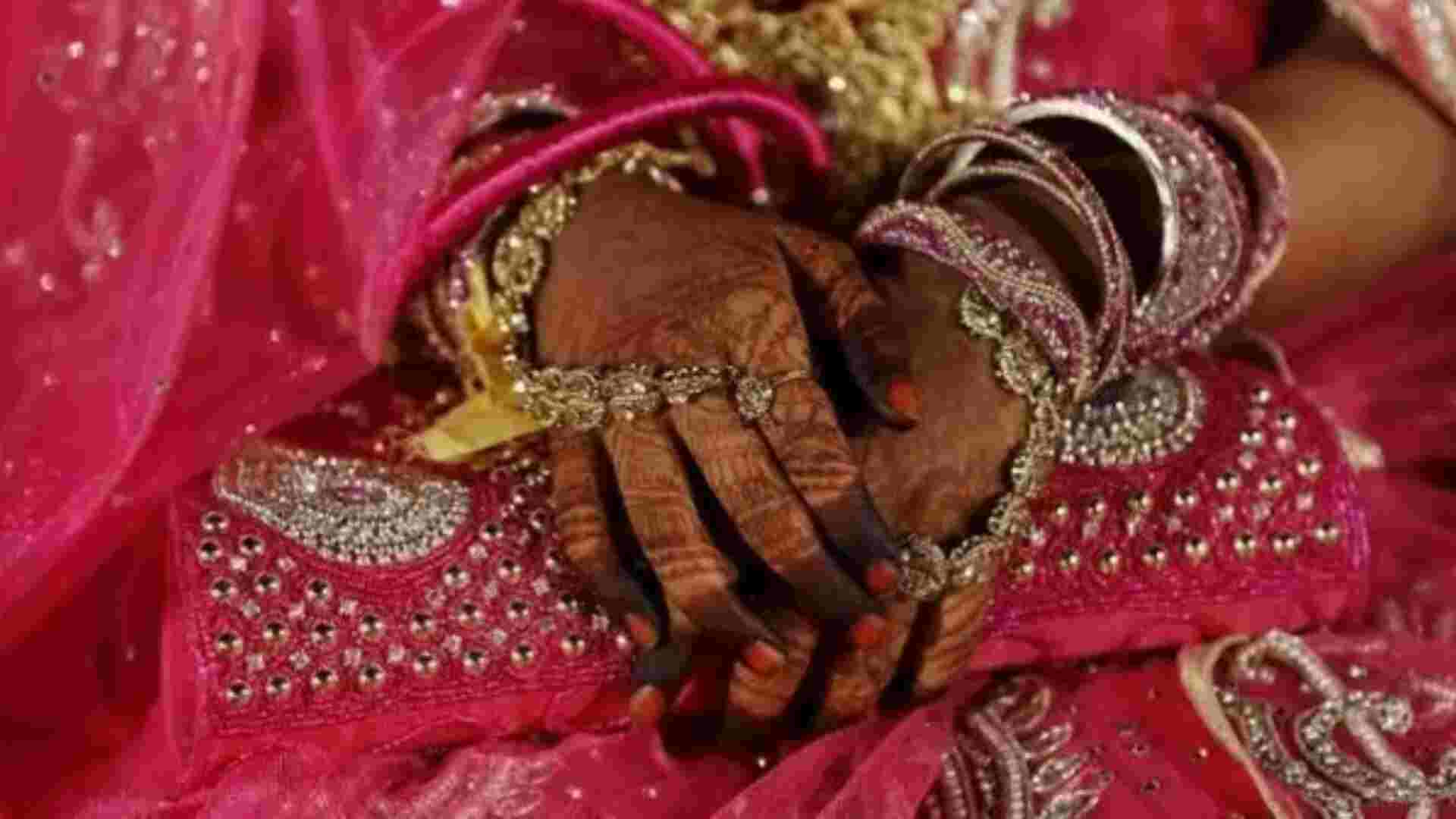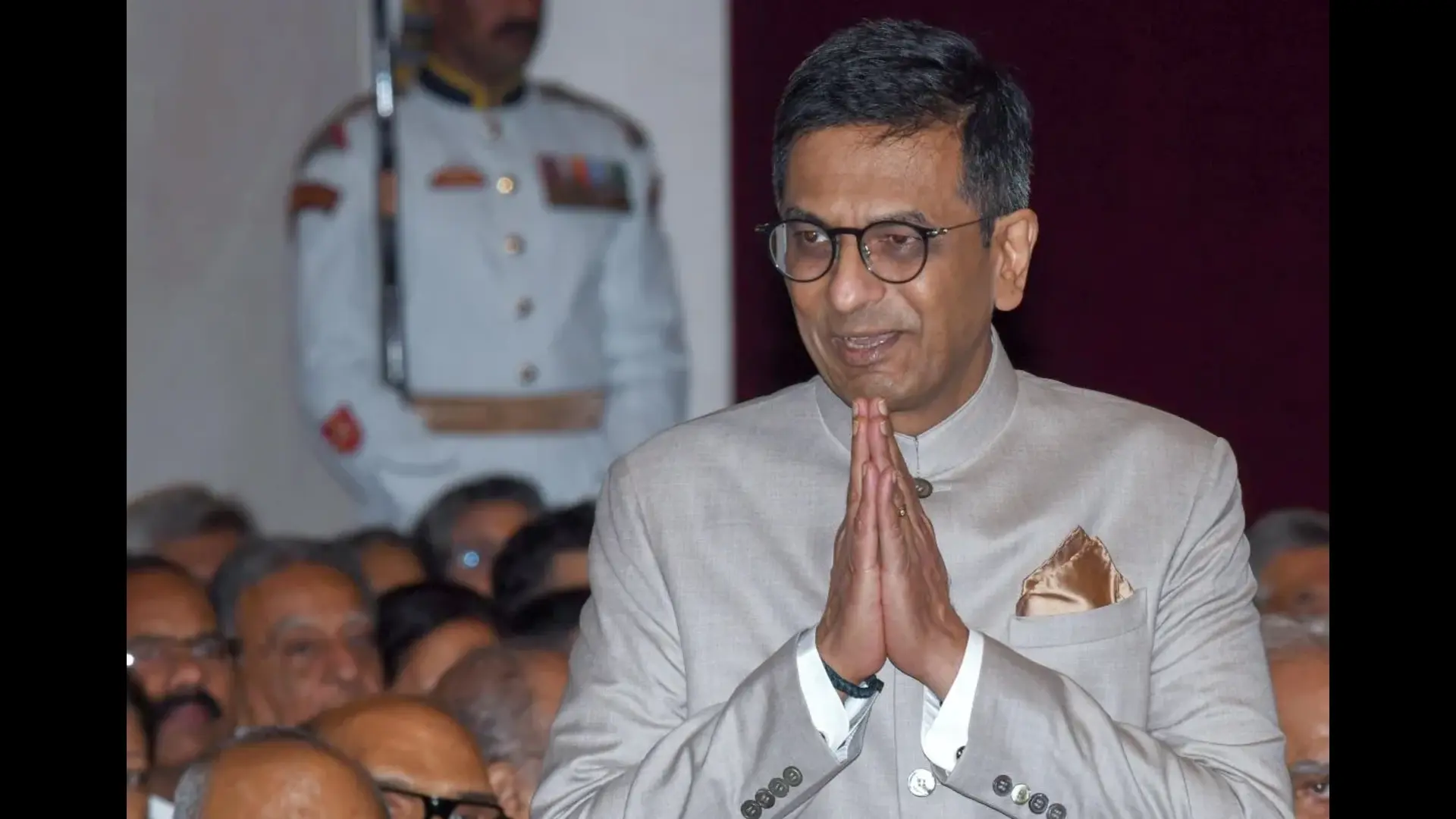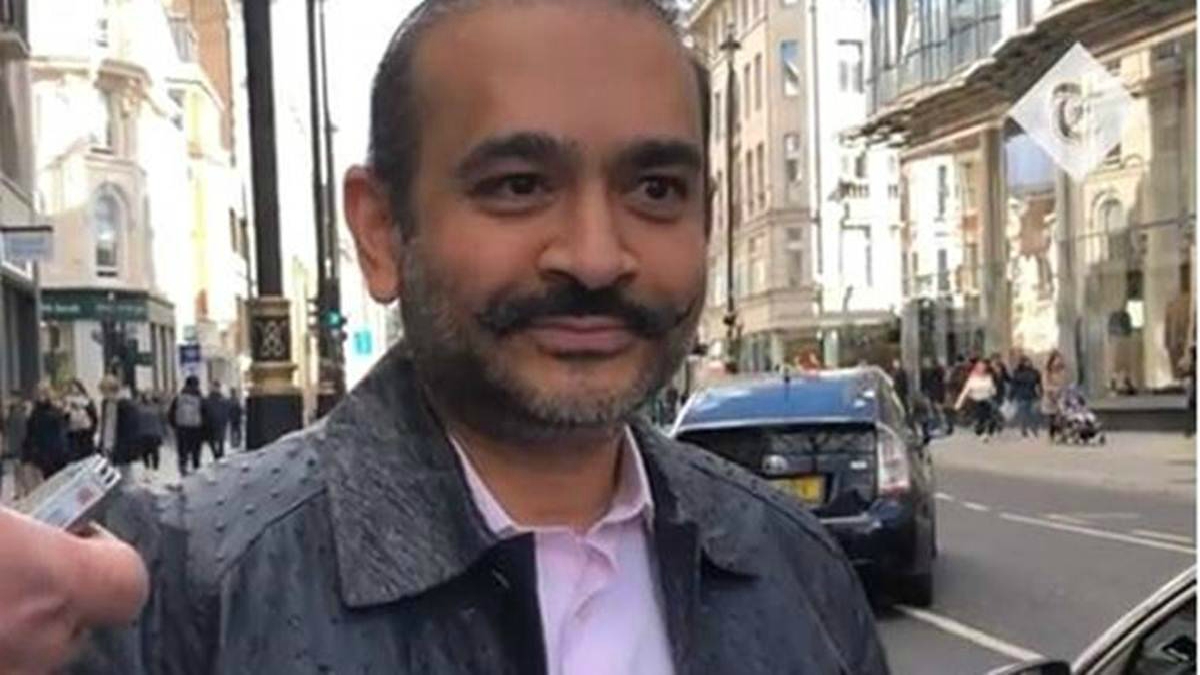
The British government has signed an order for extradition of fugitive diamond dealer Nirav Modi to India, the country’s Home Office confirmed on Friday. UK Home Secretary Priti Patel signed the extradition order on Thursday.
A Home Office spokesperson said the extradition order was signed on 15 April. Nirav Modi, wanted in India on the charges of fraud and money-laundering, was arrested in March 2019 in London and charged with money laundering and defrauding Punjab National Bank (PNB) of more than Rs 11,000 crore.
The process may take months or even years, as seen in the case of liquor baron Vijay Mallya, who went to court against his extradition order signed back in February 2019.
“On 25 February the District Judge gave judgment in the extradition case of Nirav Modi. The extradition order was signed on 15 April,” the spokesperson said.
Nirav Modi now has 14 days to make an application for leave to appeal against the decision to the High Court.
In February, a UK court had ordered his extradition to India to stand trial after dismissing arguments of his “mental health concerns”, saying they are not unusual in a man in his circumstances. Judge Samuel Goozee, sitting at Westminster Magistrate’s Court in London, rejected each of the grounds laid out by Modi’s defence against extradition.
“On 25 February the District Judge gave judgment in the extradition case of Nirav Modi. He decided the bars to extradition in UK law do not apply in the case and sent the case to the Home Secretary for a decision on whether to order extradition,” the spokesperson “He may seek leave to appeal against both the decisions of the District Judge and of the Home Secretary Priti Patel,” the spokesperson added.
WITH AGENCY INPUTS




